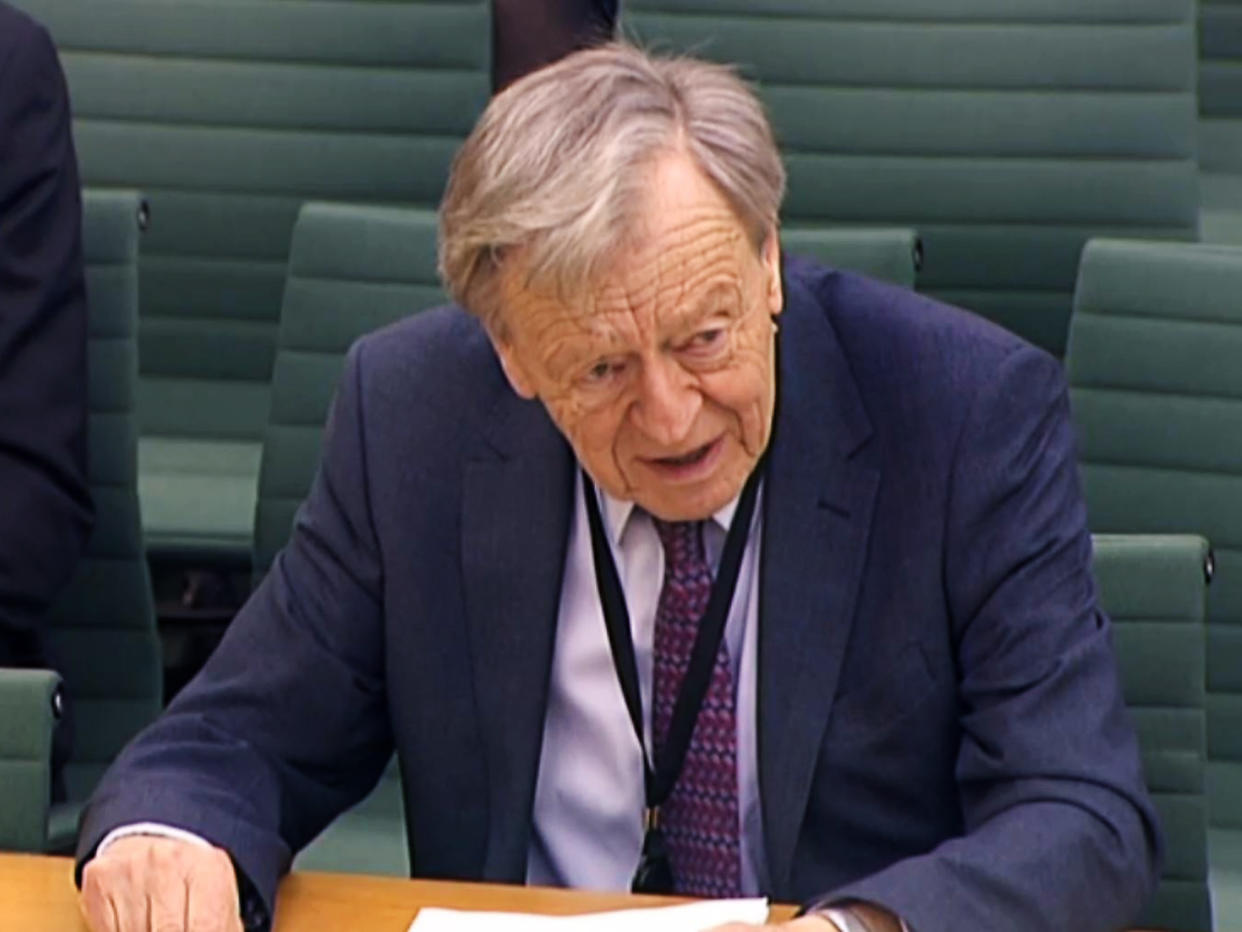Lord Dubs attacks Government for 'Yes Minister' mistake that stopped 130 child refugees entering UK

The Government has apologised for an administrative error that subjected 130 refugee children to a lengthy delay before coming to the UK to take up asylum status they had been granted.
Lord Dubs, the Czech born Jewish peer who fled to the UK from the Nazis in the 1930s, who originally brought an amendment to allow the UK to take more unaccompanied refugee children from the Calais, had called the error “shocking and disgusting” and in the House of Lords on Thursday morning described it as "like something out of Yes Minister."
"I'm a bit worried about what's going to happen in a new Parliament. If the Conservatives get a larger majority, that makes our task more difficult," said the Labour peer, warning that a Tory landslide on June 8 would dash hopes of the UK helping thousands of child refugees.
Answering an urgent question from Lord Dubs, Lady Williams said: "The administrative error is most unfortunate and for that I apologise .
"The good news is that we have an additional 130 places and we should all be very pleased about that."
In a written statement on Wednesday, Home Office minister Robert Goodwill said that the Government had asked regional authorities to say how many unaccompanied child refugees they could take. One region replied pledging homes for 130 children, but it was not included in the figures. The statement said: "The Government has very recently become aware that, due to an administrative error as part of collating the figures, one region pledged 130 places which were not accounted for in setting the specified number."
Labour MP Yvette Cooper, chairwoman of the Commons Home Affairs Committee, said it "beggars belief" that children were not helped earlier because of an admin error.
"This shows a shameful failure by the Home Office to talk properly to local councils who were willing and able to help or to check they had counted the figures up right," she added.
"Time and again the select committee and local councils across the country told the Home Office that there were more places available, but they wouldn't budge and they failed to follow up."

 Yahoo News
Yahoo News 
